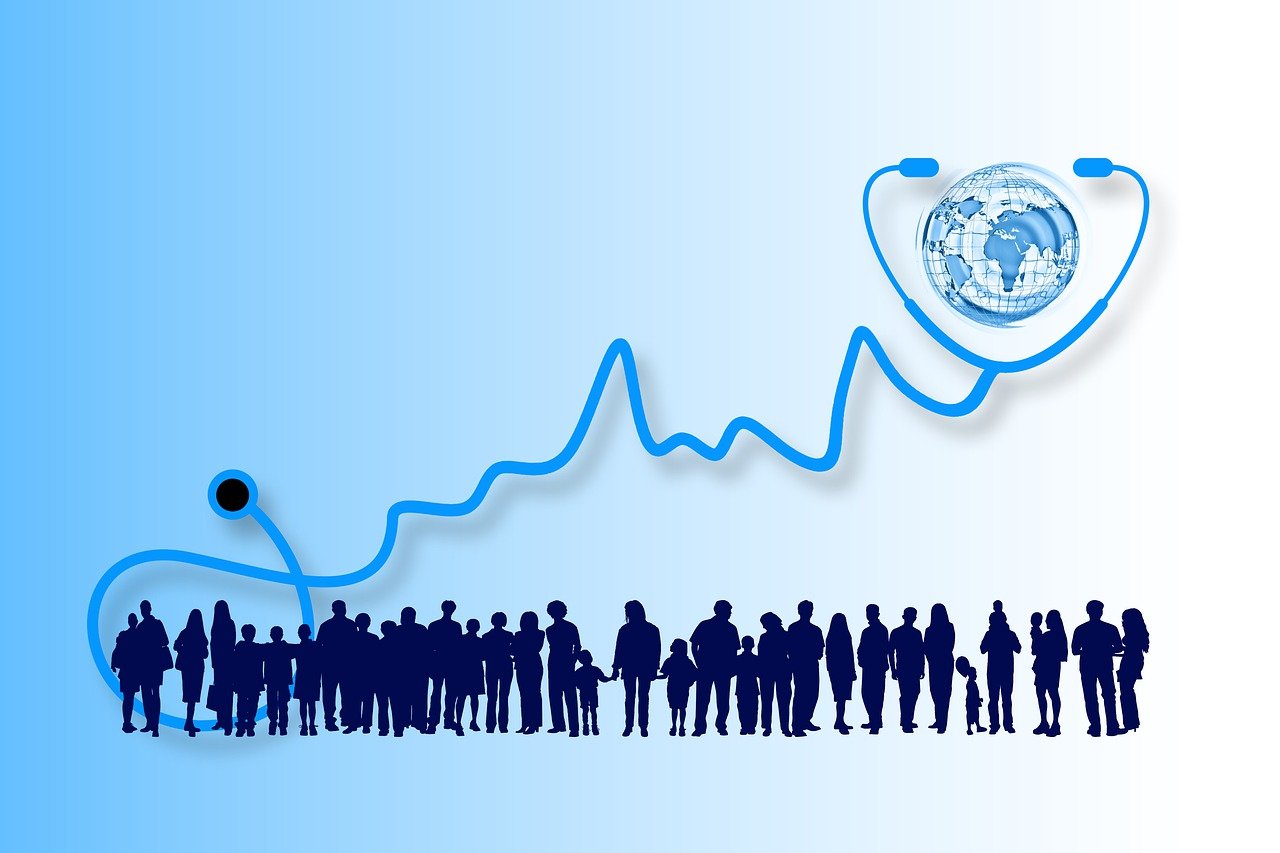
By Dr Munya Saruchera, director of the Africa Centre for Inclusive Health Management, Stellenbosch University
The Africa Centre for Inclusive Health Management commends the Institute for Economic Justice (IEJ), #PayTheGrants coalition and other civil society organisations for their successful legal challenge leading to the Pretoria High Court’s landmark ruling on social relief of distress (SRD) grant regulations. This victory not only ensures greater inclusivity and fairness in social assistance but also highlights the critical role of advocacy in shaping public policies that promote equity and social justice.
The court’s decision and its immediate implications
On 24 January 2025, the Pretoria High Court found several SRD grant regulations unconstitutional. Notably, the court invalidated the online-only application requirement, recognising that it excluded people without internet access. Additionally, the court deemed the fixed income threshold of R624 per month and the grant’s value insufficient, ordering the government to progressively increase both to align with inflation and the cost of living. The court also emphasised that gifts and one-time payments should be excluded from income assessments, ensuring that temporary financial assistance does not disqualify applicants from receiving the grant.
Linking social assistance to health outcomes
The SRD grant, introduced in 2020 as a response to the economic challenges posed by the Covid-19 pandemic, has been a lifeline for millions. Beyond its immediate financial relief, the grant plays a crucial role in health outcomes:
1. Improved nutrition: Access to financial resources enables beneficiaries to afford nutritious food, directly impacting their health. A study by the University of Johannesburg found that households receiving the SRD grant reported an increase in the quantity and frequency of nutritious meals and reduced hunger.
2. Mental health benefits: Financial stress is a significant contributor to mental health issues. Research indicates that the SRD grant has positively impacted recipients’ mental wellbeing by reducing depressive symptoms associated with economic hardship.
3. Access to healthcare services: With additional financial resources, people are better positioned to afford transport to healthcare facilities, purchase medication and access other essential health services.
Advancing universal health coverage through social grants
Universal health coverage (UHC) aims to ensure that all people have access to necessary health services without financial hardship. Social grants like the SRD play a pivotal role in this endeavour:
1. Reducing barriers to care: By alleviating financial constraints, grants enable individuals to seek timely medical attention, leading to early diagnosis and treatment of health conditions.
2. Promoting preventative health measures: With improved financial stability, beneficiaries are more likely to engage in preventative health behaviour, such as proper nutrition and regular medical check-ups.
3. Enhancing health equity: Social grants help bridge the gap for marginalised populations, ensuring that vulnerable groups have equitable access to health services.
The path forward
The court’s ruling mandates that the government not only amend the SRD grant regulations to be more inclusive but also recognises the broader impact of social assistance on public health. By aligning the grant’s value and eligibility criteria with the realities of inflation and living costs, and by facilitating easier access through in-person applications, the government can enhance social welfare as well ashealth outcomes.
The Africa Centre for Inclusive Health Management supports this landmark decision, viewing it as a vital step towards addressing the intertwined challenges of poverty and health. Through systemic and structural interventions such as community health programmes, health systems strengthening, research and advocacy, the centre aims to contribute to a more resilient and inclusive health ecosystem. This effort aligns with the overarching goal of achieving universal health coverage and improving the overall health and wellbeing of South Africa’s population.
